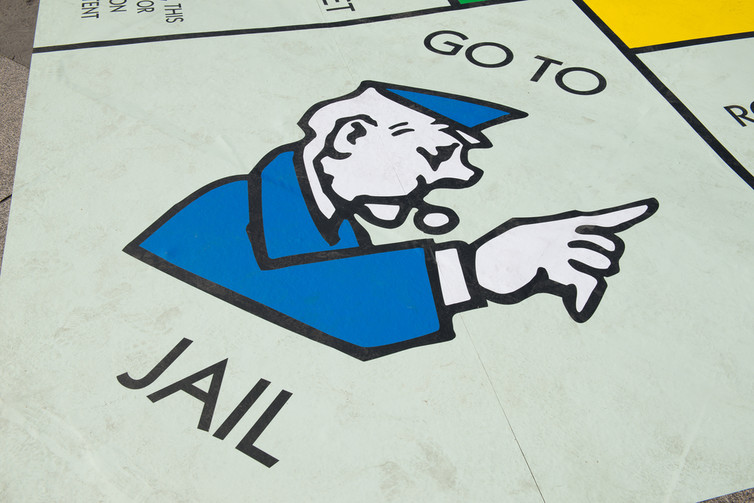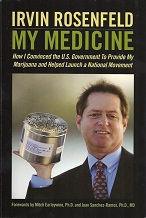
This all runs counter to common-sense understandings of criminals as people who commit crime for personal gain or to inflict pain and suffering on others. It also runs counter to beliefs about providing healthcare: that medicines should be available to those who need them. And this is why a group of MPs working on drug policy reform has called for a change in the law to allow for cannabis to be prescribed by doctors, and even to allow patients to grow a limited number of plants themselves.
I’ve been researching cannabis cultivation in the UK for more than 15 years, and have spoken to a lot of people who grow cannabis for medical reasons. In some of these cases medical experts also supported their use of cannabis even though there is no legal recognition of the medicinal use of the plant under UK law. This places not just the patients, but their doctors, in a moral dilemma.
People can be jailed, despite their altruistic motivation. John Gomez/Shutterstock.com
The Hippocratic oath that doctors take means they are supposed to do anything in their power to help patients, but to advise patients to use this drug means encouraging them to break the law and could be construed as incitement to commit a crime.
Despite the legal position, there is strong evidence that cannabis is beneficial for a range of conditions. Even when there is no direct medical benefit in the form of alleviating symptoms or curing an illness, cannabis can be beneficial. As the wife of one terminal cancer patient told me, smoking cannabis meant “the difference between dying of cancer, and living with cancer”. I helped her find a supply of locally grown cannabis, which arguably makes me a criminal too. But who can really stand by and watch someone, especially a loved one, suffer? Isn’t it the law itself, rather than breaking it, that is wrong in these circumstances?
Legalise small-scale cultivation
Medical cannabis growers don’t like the fact that they have to break the law to get the medicine that they need, but they see little choice when the alternative is unbearable pain, or suffering the side effects of conventional medicines. They often comment on the irony of having to become drug dealers themselves to avoid the need to buy their medicine from drug dealers.
Not all people who grow cannabis do so for medical reasons, as I also found in my research. Some are in it simply to make money. And legalising cannabis for medical use may provide cover for some non-medical users and profit-motivated dealers. But complete prohibition leaves too much of the market in the hands of organised crime (a lesson we should have learned from the US experiment in alcohol prohibition in the 1920s), and forces desperate or compassionate growers to break the law. Legalisation of small-scale cultivation would not only benefit those who suffer from a range of illnesses, it would also undermine the links between cannabis growing and other, more serious, types of crime.
The work of the Global Cannabis Cultivation Research Consortium – which aims to get a better understanding of domestic cannabis cultivation – shows that people all over the world turn to growing cannabis as a source of medicine. The difference, in an increasing number of countries, is that access to therapeutic medicine is now legal in some form or another.
reference: http://theconversation.com/decriminalise-use-of-medical-marijuana-and-legalise-small-scale-cultivation-65379
Latest
Coronavirus Strikes Massachusetts Cannabis Company Employees
Reassessing the Essential: Cannabis in the Time of a Pandemic
5 Reasons To Try Aspen Valley CBG Flower (30% Off)
High Times Cannabis Cups Go Virtual In Wake Of Coronavirus Pandemic
Drug Enforcement Administration Proposes Plan To Expand Cannabis Research
Ghana Legalizes Cannabis For Medicinal And Industrial Uses
The cheapest legal weed in Canada: Discover these cannabis ‘value brands’
Cannabis and coronavirus: Here’s what you need to know
cannabis designs
The Best Of
WHO Rules CBD Should Not Be a Scheduled Drug

Dr Cristina Sanchez PhD video interview on medical marijuana and cancer

Biochemist Dennis Hill interview; Cannabis oil as a cure for cancer.

The unofficial World Record holder for cannabis smoking part 1




